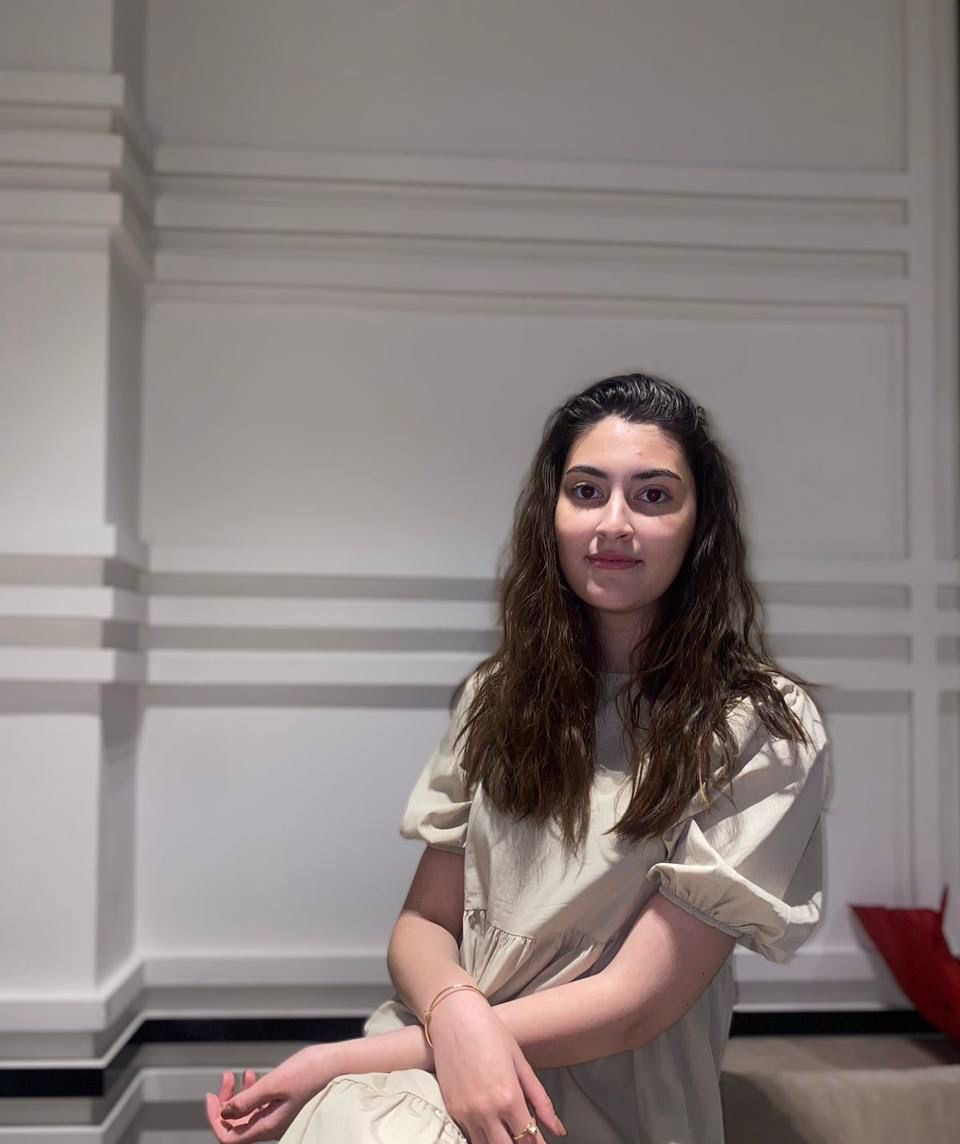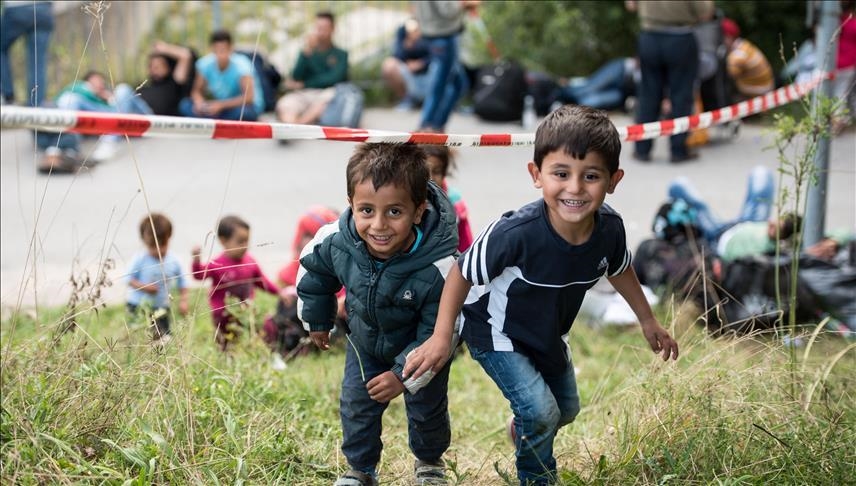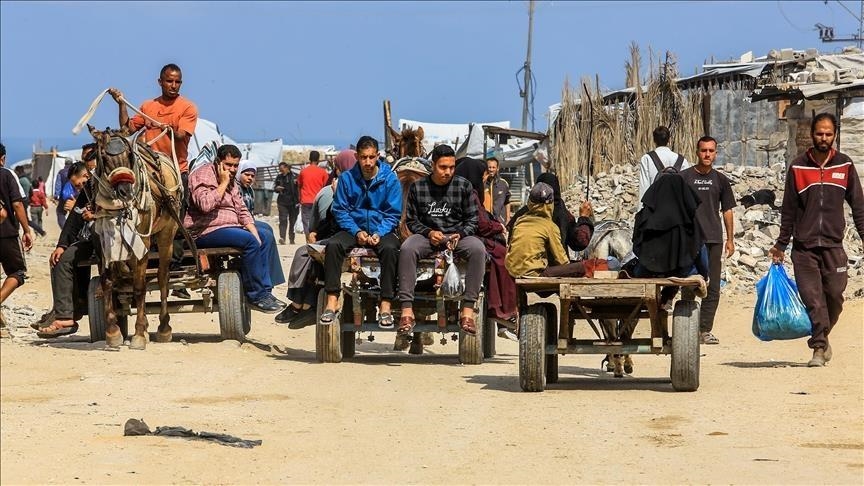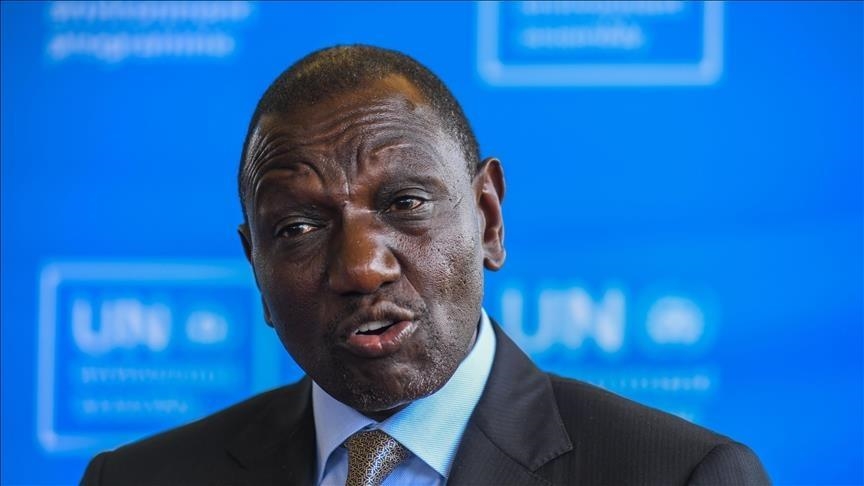
Author: Fatima Shukurova
Just a decade ago, diplomats’ public appearances were limited to press conferences or official statements. Today, foreign ministers share videos on TikTok, ambassadors go live on Instagram, and international conflicts are accompanied by memes, viral videos, and digital confrontations.
Welcome to the era of digital diplomacy
Digital diplomacy is not just about presidential tweets. It is also an information struggle for global public support. In times of war, crisis, or sanctions, whoever can communicate their position faster and more clearly wins the first wave of public opinion.
For example, Zelensky became known not only as a political leader during the war, but also as a powerful media brand. His social media posts are translated into dozens of languages, and each video is a specific message addressed to the world community. This style is already inspiring many other politicians.
Influencers in the service of the state
Some countries are promoting national interests by starting official partnerships with famous bloggers and TikTokers. Saudi Arabia and the UAE are funding the visits of prominent media figures to share about the country’s “modernization and hospitality.” In China, state-owned media outlets are actively promoting on YouTube and Twitter even though these platforms are blocked in China itself.
The risks of the new diplomacy
However, in this new era, media activism comes with greater sensitivity and risk. A bad tweet, an inappropriate meme, or a leaked email can lead to a diplomatic scandal. In addition, fake videos and “deepfake” technology are also creating new dangers. It is now possible to create fake videos about any person that appear to be talking about them and this could lead to real crises.
What does the future hold?
The future of diplomacy is not just about closed-door negotiations. “Likes,” “stories,” and “hashtags” are now part of the diplomatic toolbox. Victory goes to the side that manages to grab attention, not just in real politics, but also in the digital information arena. We are in an era where even a viral video can affect history.









